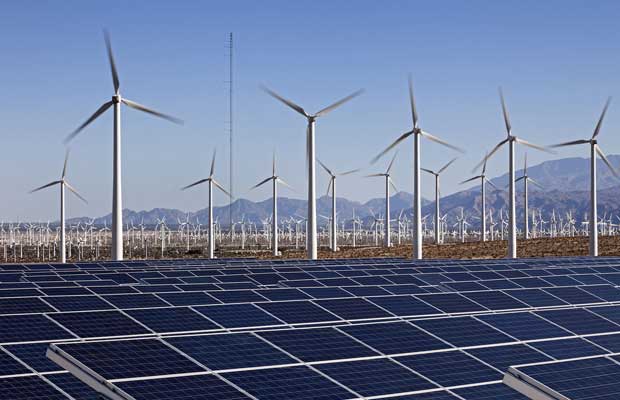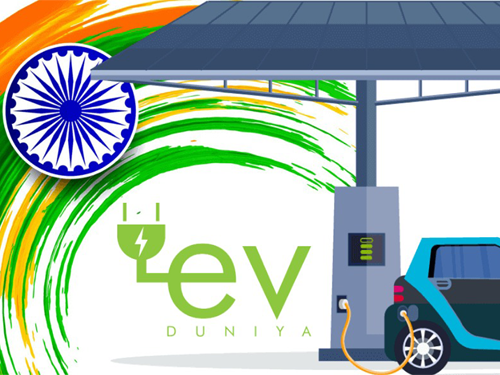In what can be termed as a major fillip to clean energy and climate commitments made at COP-26 summit, the government on Thursday cleared ₹12,031 crore plan to set up infrastructure to transmit electricity from renewable energy.
The big green push is investment for phase II of the national clean energy corridor and was approved by the Cabinet Committee on Economic Affairs (CCEA). In the phase II of green energy corridor, 20 gigawatts (GW) of renewable energy would be supplied to the national grid from Gujarat, Himachal Pradesh, Karnataka, Kerala, Rajasthan, Tamil Nadu and Uttar Pradesh.
Union power and new and renewable energy minister Raj Kumar Singh tweeted: “This will promote ecologically sustainable growth and contribute to the long term energy security of the country.”
Many experts in the renewable energy space say that the decision by the government to infuse investment in RE augurs well as India committed to the world to increase the country’s non-fossil fuel power generation capacity to 500GW. The Prime Minister Narendra Modi pledged at COP-26 at Glasgow that India would meet 50% of its energy requirements from renewable sources by 2030.
 The power requirement is rising at a fast pace and according to the Central Electricity Authority estimates, India’s power requirement will rise to817GW by 2030.
The power requirement is rising at a fast pace and according to the Central Electricity Authority estimates, India’s power requirement will rise to817GW by 2030.
The second phase of the green energy corridor project will involve adding approximately 10,750 circuit km (ckm) of transmission lines and 27,500 mega volt-amperes (MVA) transformation capacity of substations, the ministry of new and renewable energy said in a statement.
In the past, several concerns were raised for grid frequency and the corridor answers those questions. The corridor would maintain grid frequency within the49.90-50.05 Hz(hertz) band. An automatic generation control recently made operational sends signals to power plants every four seconds to maintain frequency, ensuring the power grid’s reliability. The project will receive central financial assistance of ₹3,970.34 crore, or a third of the project cost. The transmission systems will be created over a period of five years through 31 March, 2026, the government said.
The first phase will add 9,700ckm of transmission lines and 22,600MVA capacity of sub- stations at an estimated cost of ₹10,141.68 crore, the statement said. Recently, Union ministries of power and new and renewable energy approved 23 inter-state transmission system projects at an estimated cost of ₹15,893 crore.
By,
IndiGlobal Media Bureau








